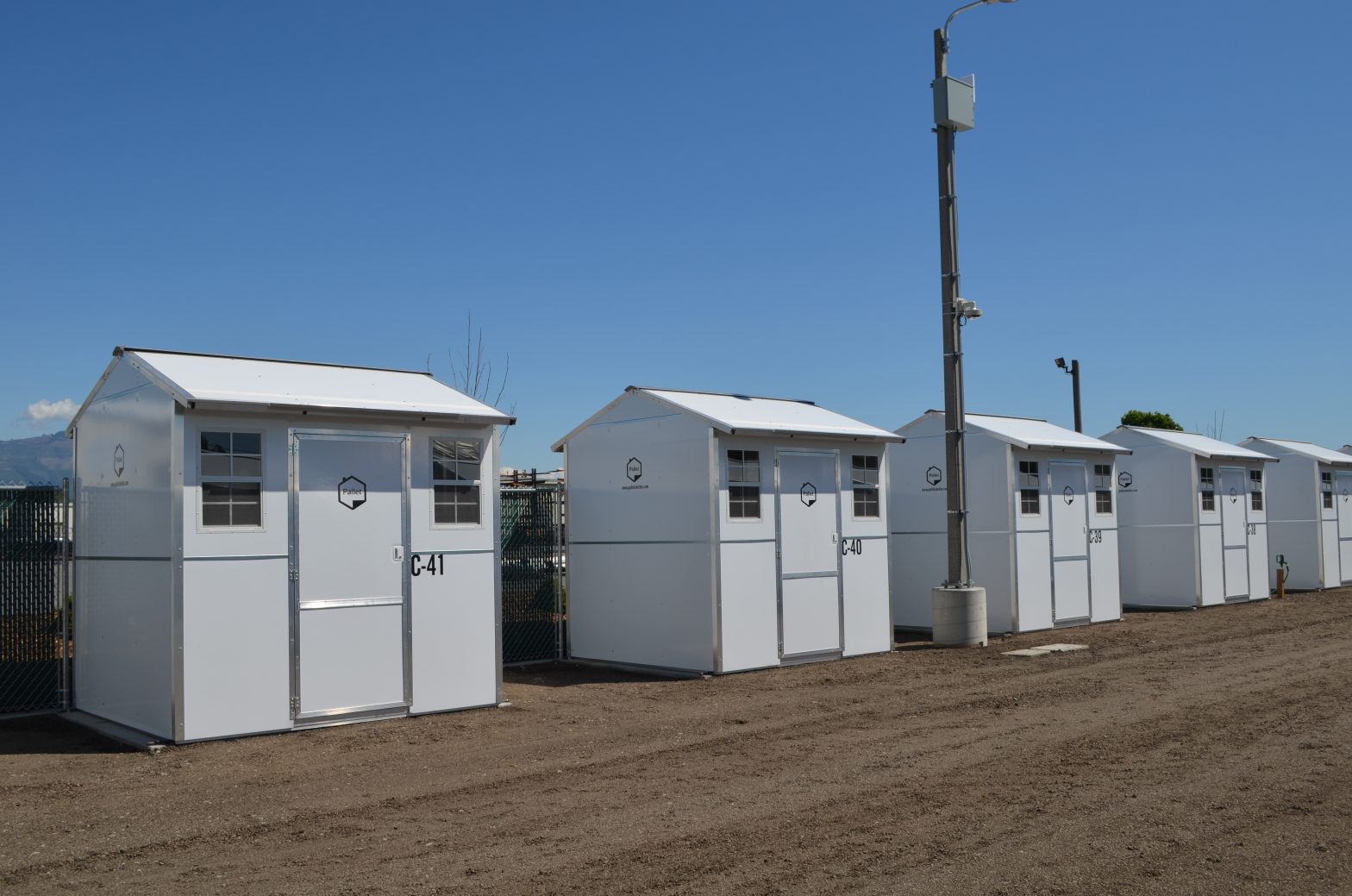The US Needs an Updated Approach to Post-Disaster Housing
COMMENTARY

“By failing to prepare, you are preparing to fail.”
As we process the reach and devastation of Hurricane Ida, leaving dozens dead and hundreds of thousands without power, Benjamin Franklin’s admonition about preparedness reads as if it could’ve been spoken yesterday.
We know we live in a world where disasters are becoming not just a fact of life, but a way of life. And as the climate changes, it is almost certain that these disasters will increase in frequency and magnitude.
To be adequately prepared, the U.S. needs a comprehensive, flexible, and efficient disaster response system. One crucial feature of that system is the ability to rapidly house people who have been displaced, as well as those who volunteer their time and resources to assist survivors in their recovery efforts and the repair of crucial infrastructure.
Post-disaster, resources are often scarce. Response agencies must make tough decisions about when and where to spend limited funds to save as many lives as possible, while restoring infrastructure. In the past, a lack of viable temporary housing solutions meant that large shelters or repurposed RVs and trailers were the primary options for housing survivors. However, modern technology and innovation have created a new alternative that can provide safer, more sanitary conditions while reducing cost: panelized housing.
At Pallet, we believe that rapidly built villages of temporary, reusable panels can be a powerful tool for disaster response. As a social purpose corporation, we are completely dedicated to our vision of a world where no one goes unhoused.
Panel housing units can accommodate individuals or families and can be erected in 30-60 minutes. Congregate facilities such as dining halls, bathrooms, and laundry facilities can also be assembled, providing a set of support services within days after a disaster strikes. Furthermore, panels can be easily stacked for low-volume storage and long-distance shipping, making it feasible to stockpile them at low cost in different locations.
These panels aren’t flimsy, either. Panel units have insulation, heating, air conditioning, and windows, as well as a 170mph wind rating and a 25lb/square foot snow rating, meaning they can be used to respond to disasters in a variety of climate zones across the country. They all feature locking doors, for privacy and security of residents. Finally, we designed them with public health in mind: the synthetic material is easy to clean and mold-resistant, and states such as Hawaii have already used them to house vulnerable populations in response to COVID.
In the status quo, if a hurricane hits or a wildfire burns out of control, it can take weeks for alternative housing methods to arrive and be prepared for use. Due to the size of current options, such as the repurposed RVs or trailers mentioned earlier, many residents choose to remain in their temporary solution indefinitely rather than engaging in recovery efforts. Some suffer serious health consequences as a result, and the ongoing nature of these living arrangements can become incredibly costly.
We imagine a different world: where FEMA and local authorities have stockpiles of assembly-ready panelized housing solutions at key locations around the country. Just as we stockpile crucial fuel in the Strategic Petroleum Reserve, we should have a similar source of low-cost temporary housing material to draw from. Once a disaster strikes, panels can be loaded into the bed of a truck headed to the disaster zone within hours. Local authorities can help assemble the housing and community support facilities. After a few weeks in temporary housing, individuals can be transitioned into long-term facilities, and the panels can be broken down, cleaned, and stored to be used again, reducing taxpayer cost with each deployment.
Pallet would be honored to be a part of this solution, but we can’t do it alone. Federal regulations allow for food and water to be stockpiled in case of emergency, but don’t mention housing, partly because there has never been a solution as durable, cost effective, and flexible as panel housing before. Amending regulations to explicitly include housing as an eligible good would go a long way towards increasing our nation’s disaster resilience.
Hurricane Ida may have been the first major storm of 2021, but it may not be the last. It certainly won’t be the last we ever have to face. Natural disasters can strike at any moment, and we can’t afford to keep being caught unprepared.
Amy King is the CEO of Pallet, a social purpose company dedicated to serving unhoused populations.























